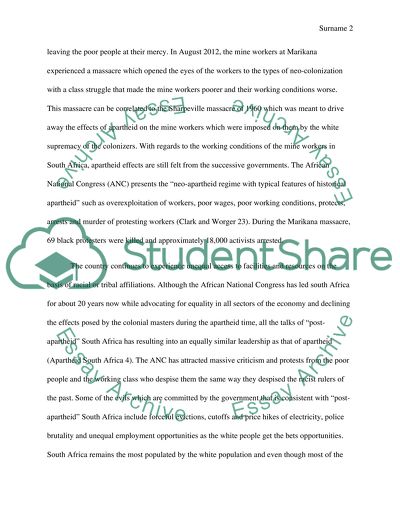Cite this document
(“The Lucrative Sectors of the South African Economy Research Paper”, n.d.)
The Lucrative Sectors of the South African Economy Research Paper. Retrieved from https://studentshare.org/politics/1644373-argumentation-research-essay
The Lucrative Sectors of the South African Economy Research Paper. Retrieved from https://studentshare.org/politics/1644373-argumentation-research-essay
(The Lucrative Sectors of the South African Economy Research Paper)
The Lucrative Sectors of the South African Economy Research Paper. https://studentshare.org/politics/1644373-argumentation-research-essay.
The Lucrative Sectors of the South African Economy Research Paper. https://studentshare.org/politics/1644373-argumentation-research-essay.
“The Lucrative Sectors of the South African Economy Research Paper”, n.d. https://studentshare.org/politics/1644373-argumentation-research-essay.


